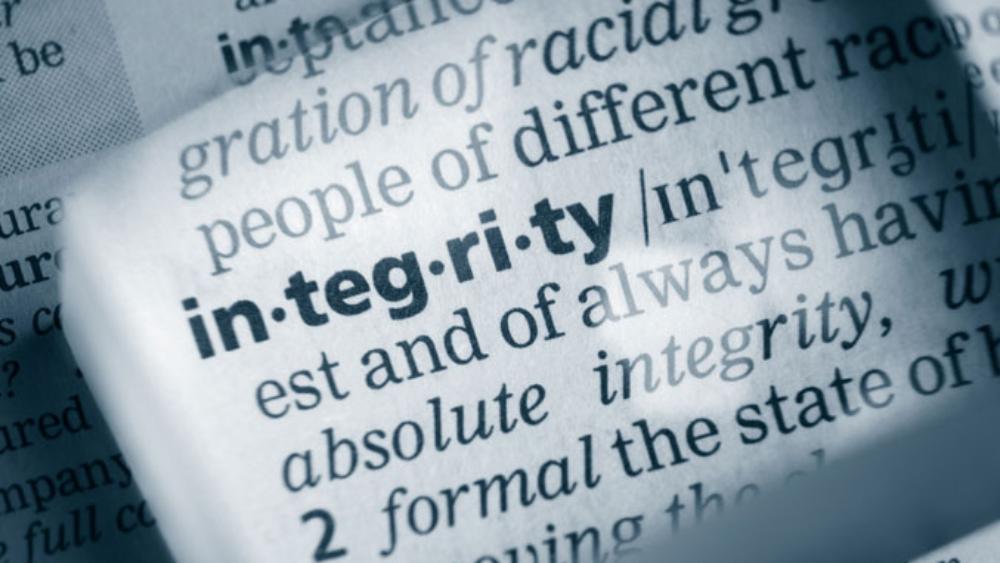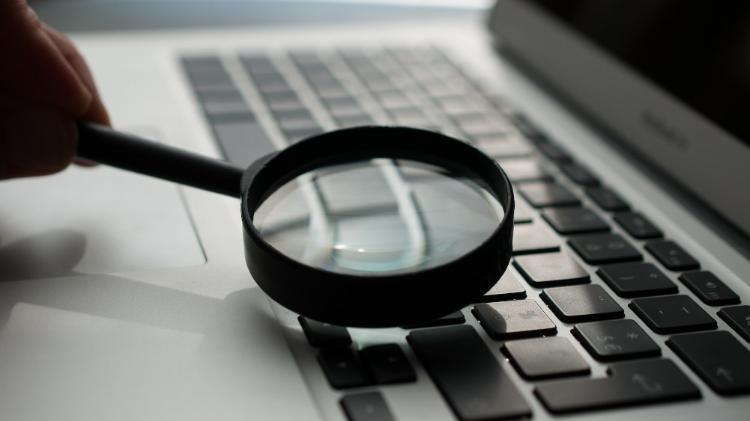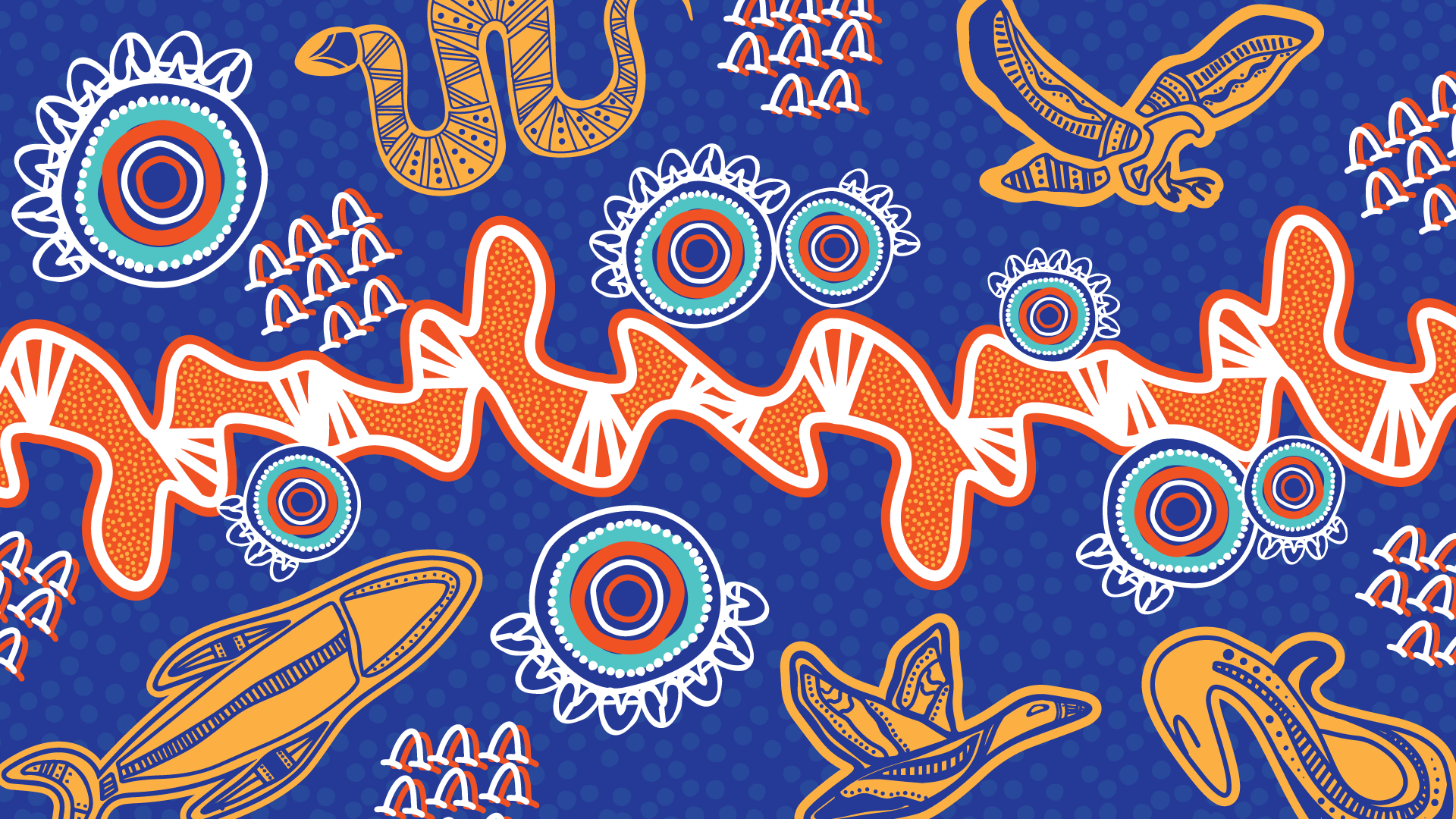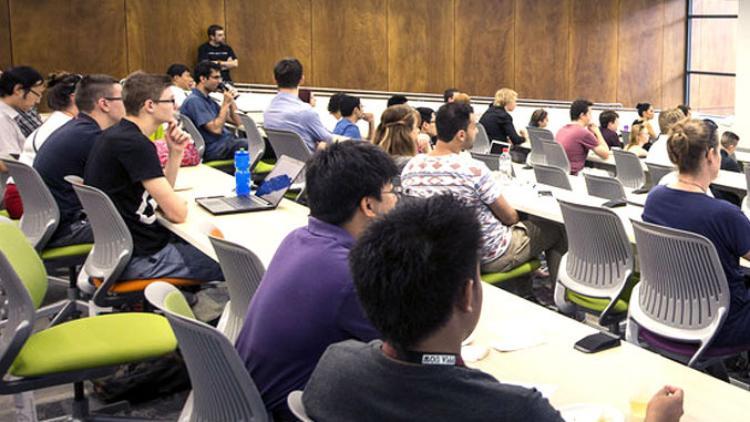About research integrity
- The governance framework for research integrity
- New to research and/or UOW?
- Want to know more or have a specific question?
The broad principles that characterise an honest, ethical and responsible research culture are outlined in the Australian Code for the Responsible Conduct of Research (“the Code”) and its supporting guidelines. These principles are reflected in UOW’s Code of Practice – Responsible Conduct of Research. These documents are designed to assist researchers and institutions in understanding and meeting their obligations for responsible research.
Researchers new to research must familiarise themselves with the Australian Code for the Responsible Conduct of Research (“the Code”) and its supporting guidelines.
It is also highly recommended that researchers new to UOW review UOW’s Code of Practice – Responsible Conduct of Research and familiarise themselves with the policies available.
Other resources and opportunities researchers should consider include:
- The New Researcher Guide for both staff and student researchers
- HDR Students can attend the HDR Induction and Training. Further information available from the Graduate Research School
- Staff researchers can learn more at Academic Induction. Further information available in the annual training calendar
- UOW’s governance framework for Research Integrity is outlined in the Legal and Operational Framework for Research Integrity at UOW (PDF: 225KB)
- The Research Data Management and Storage webpages provide information and support for meeting integrity requirements for data management
Refer to our Training and Development section for other opportunities.
Reach out to our Research Integrity Officer to learn more about Research Integrity and our approach at UOW. You can email or call the Research Integrity Office to arrange specific training to meet your individual needs or the needs of your School / group which can be as formal or informal as you require.
Alternatively, UOW has an established network of academic staff called Research Integrity Advisors who can assist you with discipline and research specific questions and concerns about integrity.











